
Waad Al-Shamal: Saudi Arabia launches new city to boost mining capacity
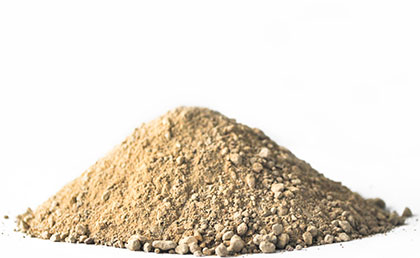
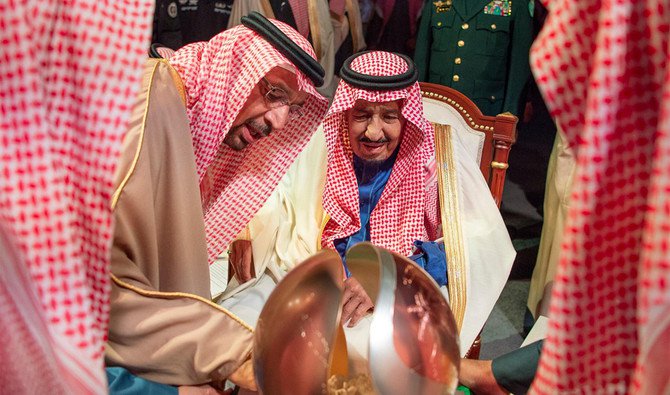
TURAIF: Saudi Arabia on Thursday launched an ambitious multi-billion dollar project aimed at boosting the Kingdom’s mining infrastructure and providing thousands of jobs to locals in the northern region of the country.
Waad Al-Shamal, the new industrial city being built along the northern border, was officially inaugurated in Turaif by King Salman as he concluded a multi-day tour in the area.
The project developed under the supervision of the Ministry of Energy, Industry, and Mineral Resources, aims to boost GDP by SR24 billion ($6.40 billion), and non-oil GDP by roughly 3%.
The complex will be fully equipped for both economic and social development, featuring 483 housing units, water and sanitation networks, as well as recreational centers. The new development is expected to create 30,000 more jobs, increase prosperity in the mining sector, and increase non-oil exports by the kingdom.
The inauguration ceremony, broadcast live nationwide by Saudi TV, was attended by both the king, and Crown Prince Mohammad Bin Salman.
Phase one of the project consists of infrastructure works for basic industries and residential units. The king also laid the foundation stone for the second phase, the Ma’aden Phosphate Project, which will further enhance the country’s industrial infrastructure and create the Waad Al-Shamal Institute, aimed at preparing local residents for jobs in the mining sector and supporting industries.
Khalid Al-Falih, Minister of Energy, Industry, and Mineral Resources disclosed that the Kingdom's investments during the first phase of the project amounted to SR55 billion, adding that SR31 billion represents the Saudi investments which include a phosphate fertilizer plant, with a capacity of 3 million tons annually.
Al-Falih, stated that completion of the project’s next phase would turn the Kingdom into the world’s second largest producer of phosphate fertilizers, raising the production rate to 9 million tons annually.
Estimates show the amount of phosphate ore in the Northern Border Region are as much as 500 million tons, around 7% of global reserves. The energy ministry predicts that the unused mineral resources in Saudi Arabia can be valued at around SR5 trillion.
Al-Falih also addressed global market anxiety regarding weakening oil demand. “We will not sell oil that customers don’t need,” he said, “we will not make the market get anxious the way it did in May or in June, but at the same time we make it clear that it is not in anybody’s interest to create a glut similar to what we saw a few years ago.”
“Everybody’s interest is in our minds, and we do it with a lot of care, a lot of responsibility, and with balance.” He added.
Dr. Nabil Al-Amoudi, Transport Minister, said that his ministry stands ready to assist with the project in any way they are able. He also praised the efforts of those involved in the development of the project and stressed how vital the work they were doing was. “We will do everything we can to enable the Kingdom to become a global logistics hub, one that ties together the three continents [Europe, Asia, and Africa] and makes full use of its strategic geographical position.”


Gold price eases after Trump downplays clash with Fed chair Powell
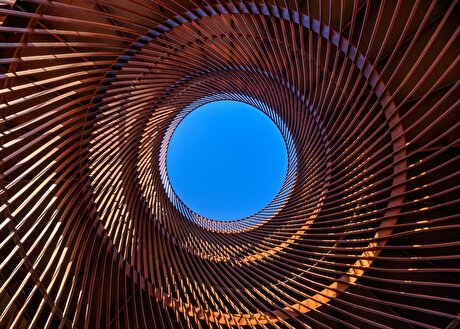
Copper price hits new record as tariff deadline looms
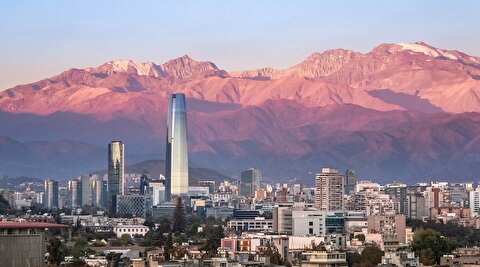
Chile’s 2025 vote puts mining sector’s future on the line
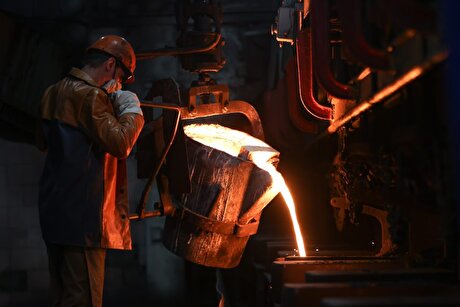
Brazil producers look to halt pig iron output as US tariff threat crimps demand

Gold price could hit $4,000 by year-end, says Fidelity
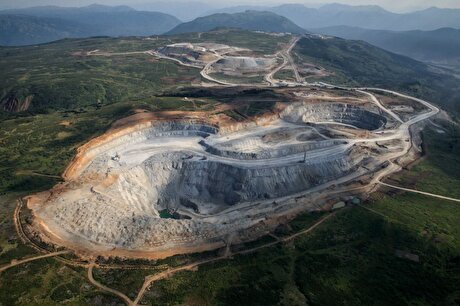
Three workers rescued after 60 hours trapped in Canada mine
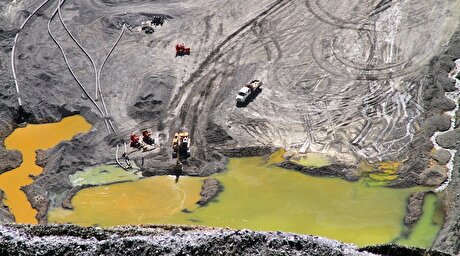
US targets mine waste to boost local critical minerals supply
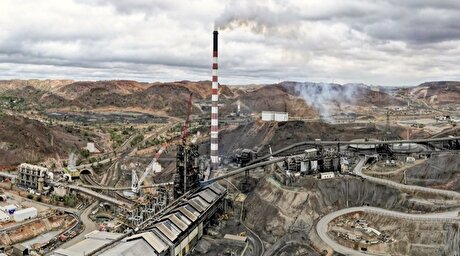
Glencore workers brace for layoffs on looming Mount Isa shutdown

Column: EU’s pledge for $250 billion of US energy imports is delusional
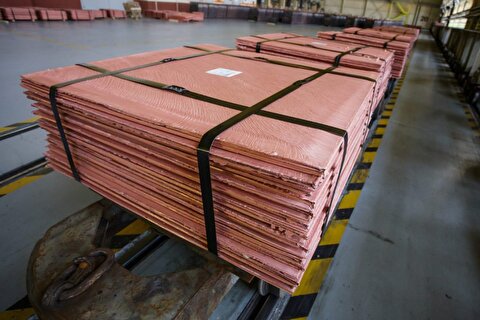
Trump tariff surprise triggers implosion of massive copper trade
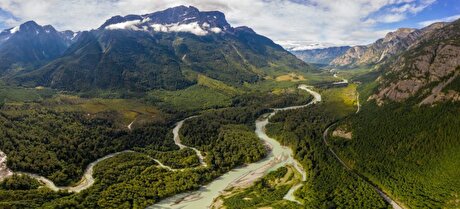
Maxus expands land holdings at Quarry antimony project in British Columbia
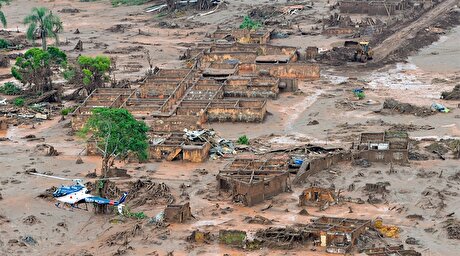
BHP, Vale accused of ‘cheating’ UK law firm out of $1.7 billion in fees
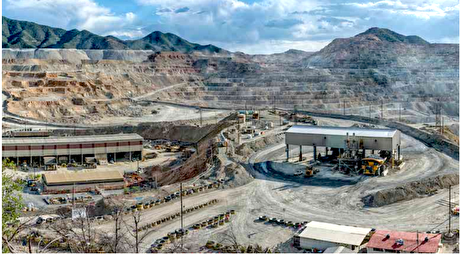
Southern Copper eyes $10.2B Mexico investment pending talks
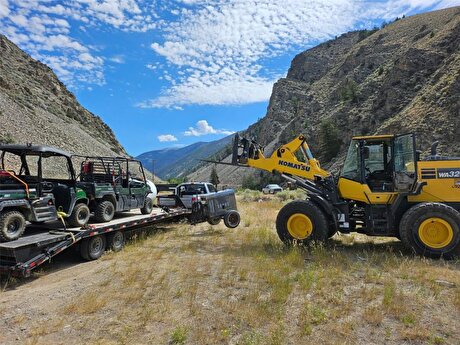
American Tungsten gets site remediation plan approved for Ima mine in Idaho
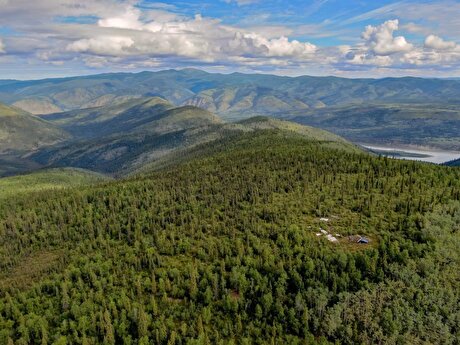
Kinross divests entire 12% stake in Yukon-focused White Gold

Gold price could hit $4,000 by year-end, says Fidelity

Southern Copper expects turmoil from US-China trade war to hit copper

Ramaco Resources secures five year permit for Brook rare earth mine in Wyoming

Column: EU’s pledge for $250 billion of US energy imports is delusional

Trump tariff surprise triggers implosion of massive copper trade

Maxus expands land holdings at Quarry antimony project in British Columbia

BHP, Vale accused of ‘cheating’ UK law firm out of $1.7 billion in fees

Southern Copper eyes $10.2B Mexico investment pending talks

American Tungsten gets site remediation plan approved for Ima mine in Idaho

Kinross divests entire 12% stake in Yukon-focused White Gold

Gold price could hit $4,000 by year-end, says Fidelity

Southern Copper expects turmoil from US-China trade war to hit copper

Ramaco Resources secures five year permit for Brook rare earth mine in Wyoming














